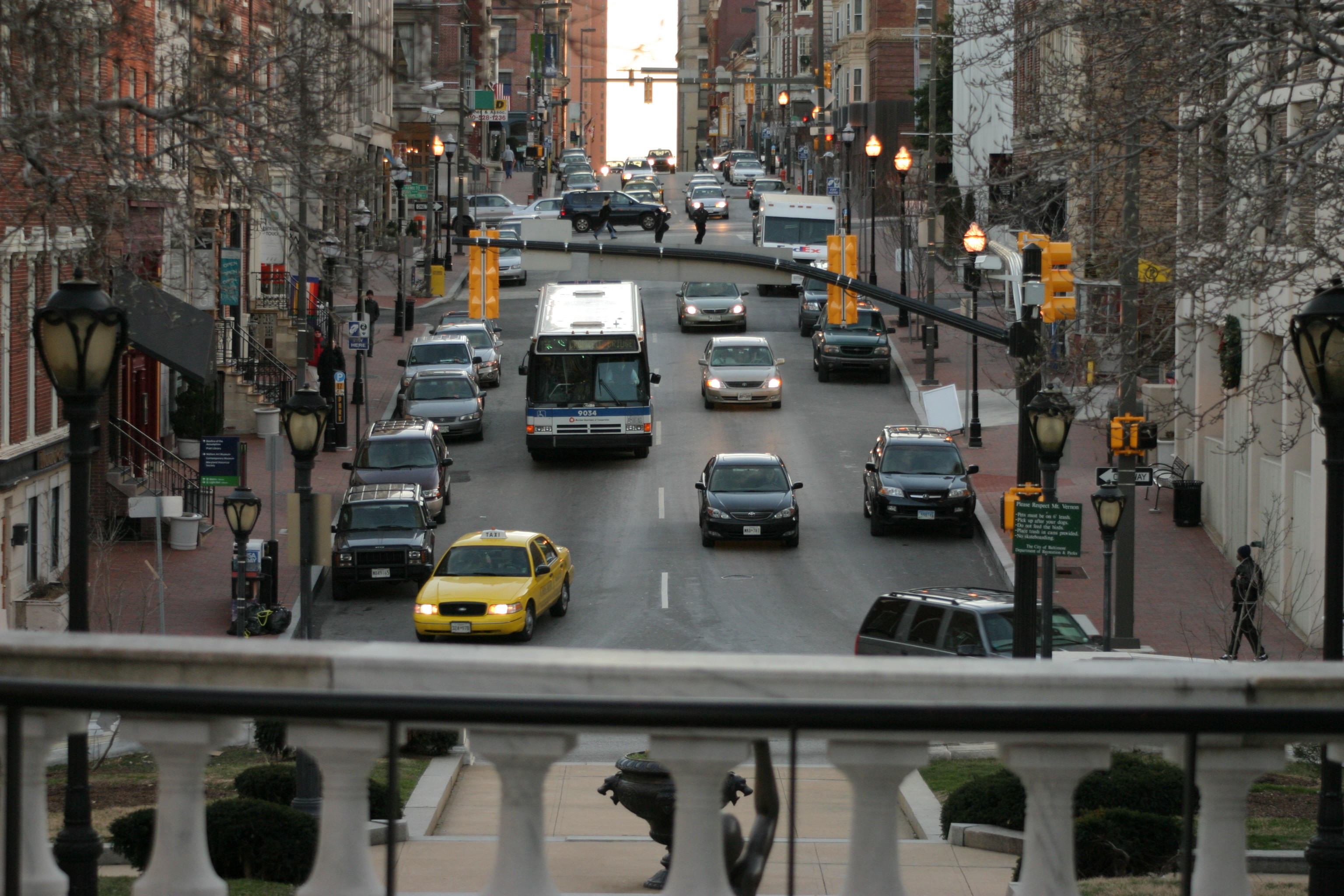Thoughts, questions, and reactions from the pastor of Mount Vernon Place United Methodist Church, Washington, D.C.
Tuesday, April 28, 2015
The Demons of the City
We are in the midst of what has been a powerful sermon series for me at Mount Vernon Place, one that has spoken deeply to my soul, on "What's My Purpose." We turn this week to how the pain of the world, what captures our attention and causes our hearts to break, can be used by God to help us discover some of our purpose. Our text this week is Mark 2:1-12, one of my favorites as I think about who God calls us to carry on top of the roof so we can dig through that roof and literally lower what needs to be healed before Jesus. I'm now sitting with these words by Ched Myers that were inspired by this text.
Jesus relentlessly critiqued the purity and debt systems of his day because they tended to segregate and exclude rather than to integrate and restore. The symbol of his confrontation of these systems was public exorcism.
In the public discourse of the modern world, demon possession is rarely acknowledged and evil is rarely evaluated with appropriate seriousness. Yet we live in a world in which a dramatic confrontation between good and evil continues daily on a grand scale. It is more visible in some circumstances than in others; some demons can be named quite readily, while others cannot. Demons are players in our own stories, too. They have shaped our attitudes toward others, our capacities for moral and ethical discernment, our 'habits of the heart.'
Let us consider racism and its partner, poverty, as examples. The scene these days in almost any inner-city neighborhood in the United States could invite exorcism: the National Guard in camouflage, shining spotlights from hum-fees, trying to push back the violence, drug dealing and violence around the edges of and crisscrossing through neighborhoods that are trying in heroic ways to survive; gangs attempting to fill the void by absent family and community, kids, overgrown into men, with nowhere to go, hanging out all night and all day...
These are the impoverished places where dramatically disproportionate numbers of African Americans, Latinos, and other minorities live - not by choice, but by the normal functioning of a system that perpetually excludes them. They are gathered into ghettoes by a form of cultural evil in which the skin color of a person determines his or her access to opportunity...
Demons, we see, threaten our personal and family lives; but they operate adeptly in social structures and systems as well.
- Ched Myers, Say to This Mountain: Mark's Story of Discipleship, Orbis, 1996, 18-19.
The protests that erupted in my home state of Missouri not long ago are now just 30 miles away in the city of Baltimore. Another black man has died too soon. Another life has been taken instead of having the opportunity to reach its full potential.
But can we name the demons?
Do we know the demons within each one of us that have shaped our own personal habits of the heart?
Can the church still invoke Jesus' power to cast out the demons?
What will it take for the church to lead such an effort?
How can we not only name racism as a sin but lead the way in healing the brokenness caused by centuries of systemic racism?
O God, this time seems ripe for the Spirit to intercede with sighs too deep for words. And yet, I'm longing for a word - a powerful word, a healing word, a penetrating word. I'm longing for prophets to stand up and ignite a movement that does not simply bring about peace in the midst of a city in flames but continues until the broken systems that abound across this nation are healed. Come, Lord Jesus. Come and help us be disciples who speak like prophets, and people who have the courage to step across boundaries, and congregations that will do anything to tear through evil systems until what is in need of healing is lowered before Jesus. Amen.
Subscribe to:
Post Comments (Atom)

No comments:
Post a Comment